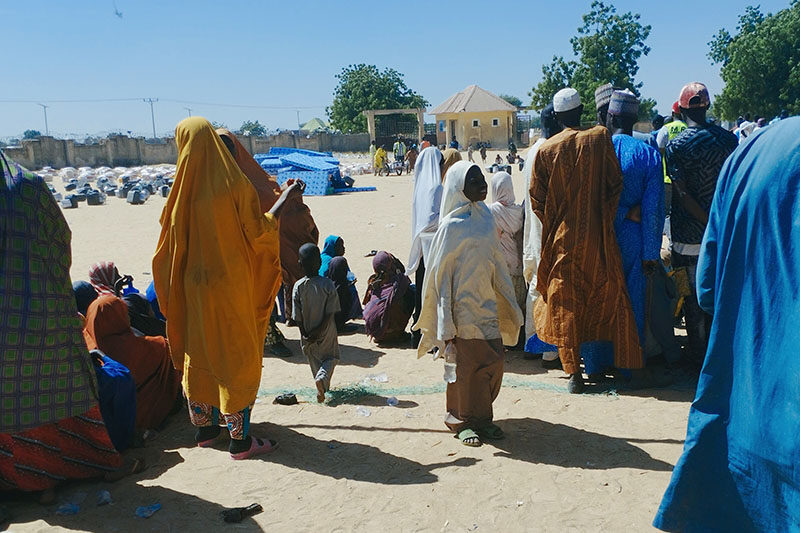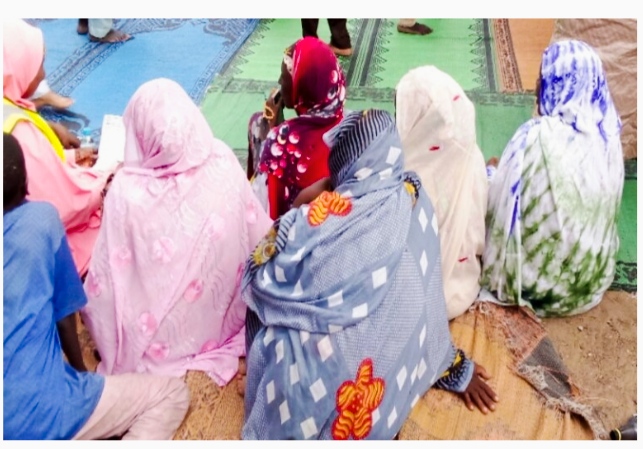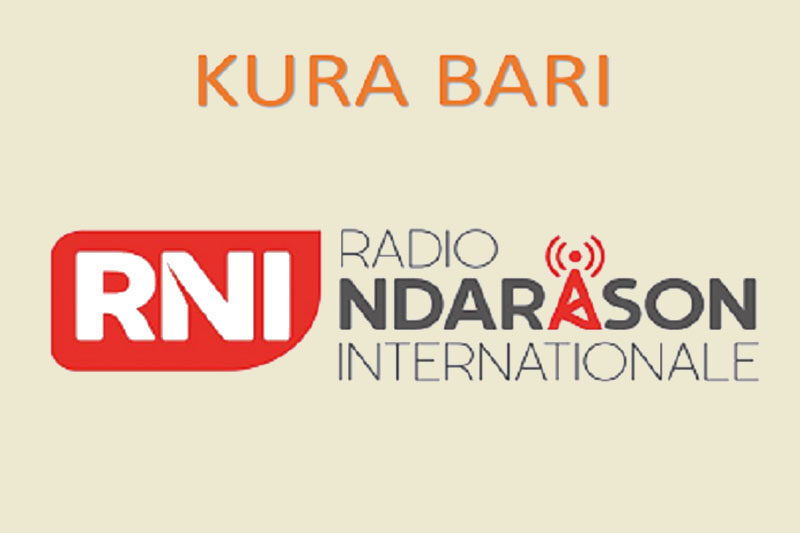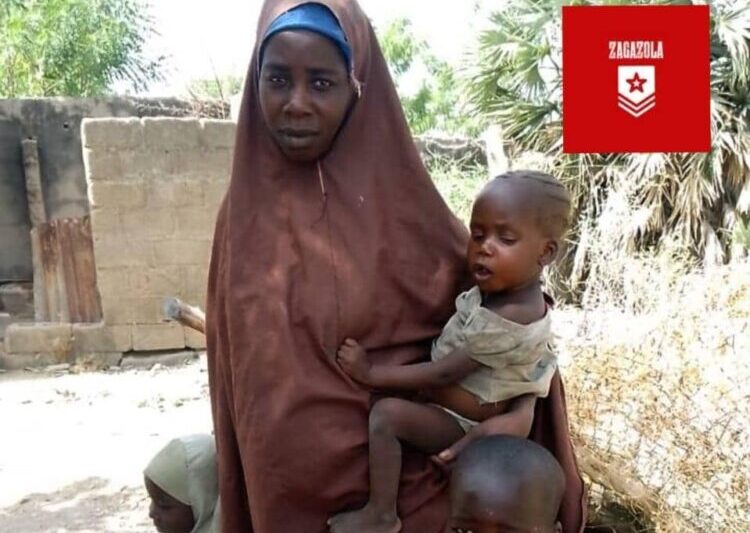Thousands of people flocked to the Borno State Hospital Management Board – Eye & Dental Hospital in Maiduguri this week to get free treatment for eyesight problems – some even slept outside for nights so they would not lose their place in the queue.
The hospital started the free treatment on Saturday, December 10, and carried on until Wednesday, December 14. The five-day initiative was sponsored by the Borno State government.
Doctors performed surgeries on those who needed them and gave away hundreds of free glasses to others with poor eyesight. Depending on what treatment was needed, the hospital also gave beneficiaries ointments, eyedrops and pain medication.
Although they were hoping to treat as many as 6,000, the doctors managed to treat 1,000 in the five days.
As soon as residents from Maiduguri and close-by communities heard about the free treatment, they began flocking in their thousands.
A hospital worker, who asked to remain anonymous, told RNI reporter Nana Hadiza Mustapha that the doctors and surgeons did a wonderful job.
“We did well. We saw hundreds of people a day and we made a difference to many who were suffering from bad eyesight. Unfortunately, there were thousands more who came to the hospital but we did not manage to treat them. We helped as many as we were able.”
Maiduguri resident Abdulkadir Goni Sadiq told RNI that he and his mother had eye problems and they had gone together to get treated.
“The doctor looked at our eyes and did tests and, afterwards, we were given ointment and eye drops.”
Sadiq said a friend had told him that the hospital was giving free treatment to people who had problems with their eyes and that was when he and his mother rushed to the hospital.
“When we got to the hospital there were hundreds of people already in the queue and, as we stood there, many more people kept on coming. We waited patiently and finally it was our turn to receive treatment.
“I pray that all the others still waiting when we left were treated. We thank the government for this gesture because there are many who are suffering from sight-related problems and cannot afford to go to an eye doctor,” Sadiq said.
Falmata Mohammed was one of many who slept outside the hospital because there were so many people in the queue.
“I have been suffering from eye pain for a week. When I heard about the free treatment, I went to the hospital as fast as I could. I waited all day but there were many people in front of me, so I ended up sleeping overnight because of the crowd. But I was treated eventually. I wish all the people who were in the queue had also been treated, but I heard thousands did not.”
Ashe Musa said: “I have been suffering with eye problems for more than a year but today I received treatment and medicine for free. I’m happy.”
Goni Massa from Kayamla Village, which is about 25km from Maiduguri, told RNI that he had been blind for eight years.
“When I heard about the free treatment I rushed to the hospital. They treated my eyes and I had surgery. They told me that there is a good chance I will regain my sight. I have high hopes for the first time in eight years.”
Aisha Abubakar said she took her daughter, Fatima, to the hospital because she had red, swollen and itchy eyes.
“We waited and waited in the queue. But, unfortunately, we were not able to get help. There were just too many people.”
Amina Musa told RNI that she had been in the queue for four days.
“I did not give up hope and I was happy to stand in the queue. If it meant my eyesight would be fixed, I would have waited for as long as it took. But in the end, there were still thousands in the queue and I did not manage to get treated. It was very disappointing. I was so hoping I would be one of the lucky ones.”
RNI was unable to get comment from the hospital’s management or to speak to any of the doctors and surgeons who treated the patients.
AISHA SD JAMAL









